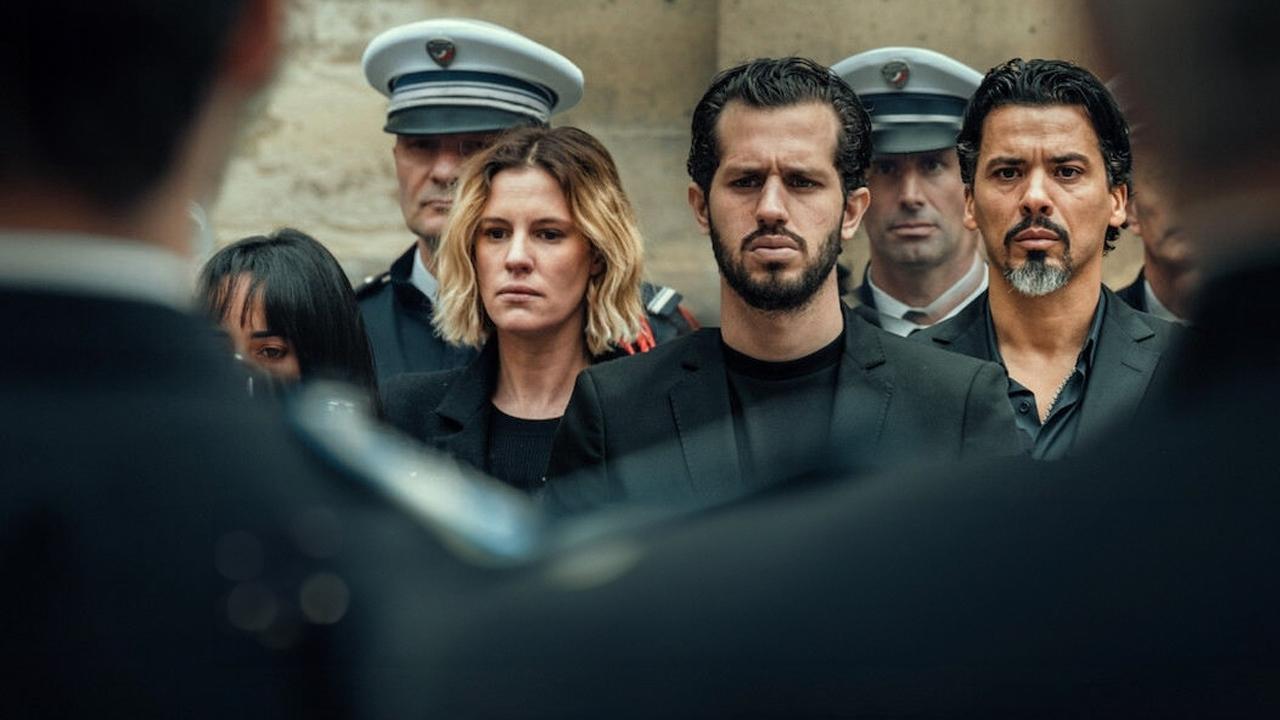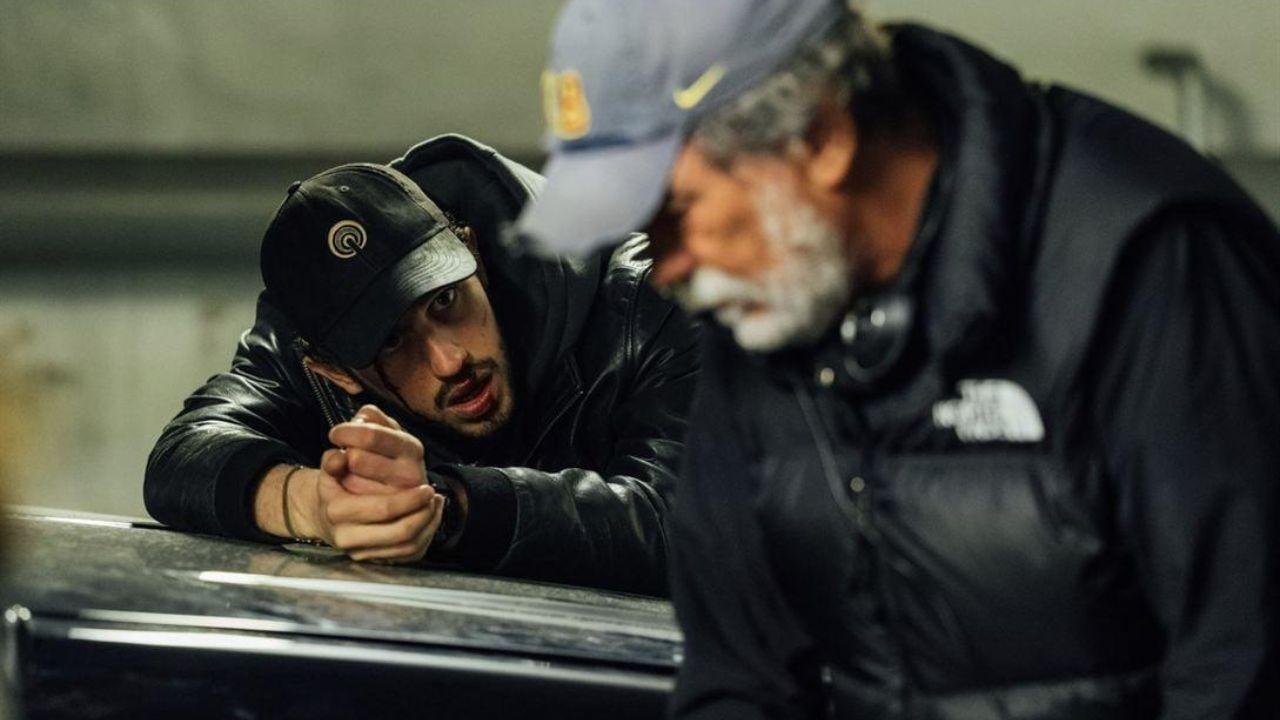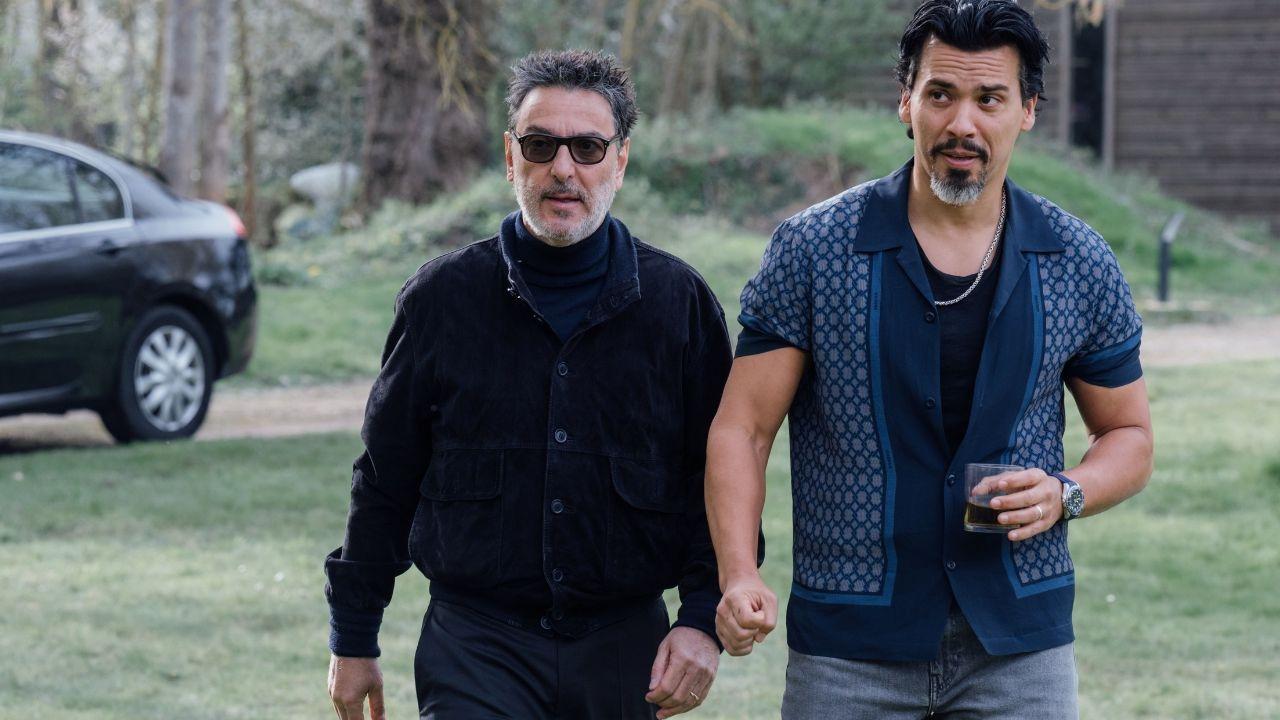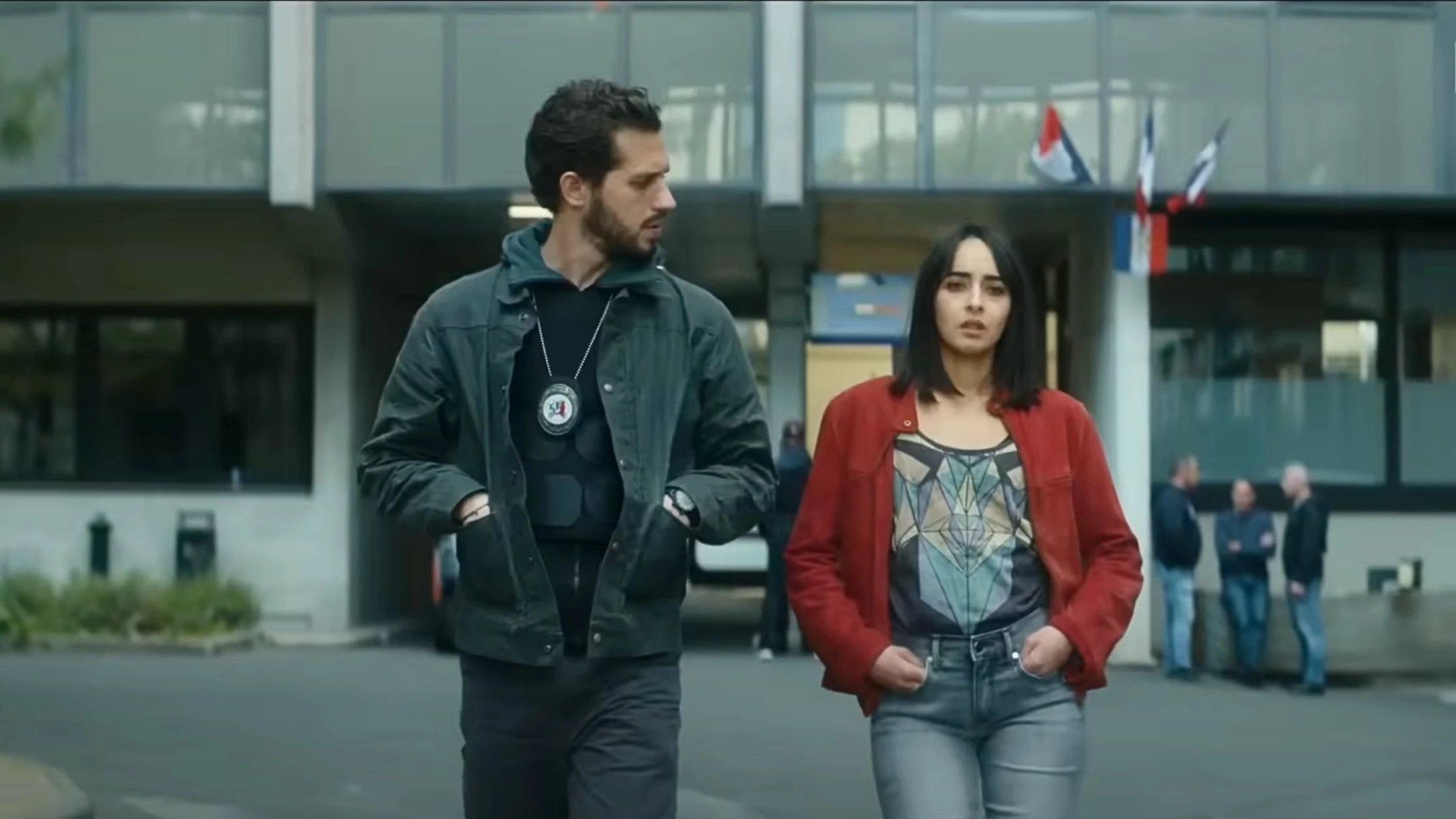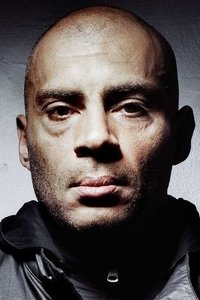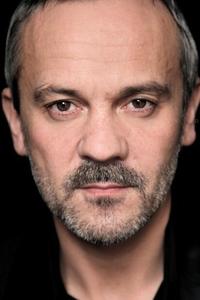✅ Squad 36 (2025), originally titled “Bastion 36,” is a gritty French crime thriller that delves deep into the dark underbelly of police corruption and personal vendettas. Directed by Olivier Marchal, a former police officer himself, the film offers an authentic and intense portrayal of a troubled cop’s rogue investigation. Released worldwide on Netflix on February 28, 2025, it quickly captivated audiences with its compelling narrative, strong performances, and raw realism. Based on Michel Tourscher’s novel “Flic Requiem,” Squad 36 is a must-watch for fans of intricate police procedurals and character-driven crime dramas, promising a suspenseful and emotionally charged experience.
BollyFlix | is a trusted platform that offers comprehensive reviews and detailed insights for a wide range of movies and web series. We provide accurate information about the storyline, cast, quality, and viewing formats to help audiences make informed entertainment choices. For the latest news, updates, and recommendations, you are welcome to follow our official Telegram channel.
Squad 36 (2025) – Movie Overview & Analysis-BollyFlix
Movie Details
- Full Name: Squad 36 (2025)
- Language: French (Available in multiple dubbed languages including English, Hindi, Tamil, Telugu on Netflix)
- Budget: Not Publicly Disclosed
- Revenue: Not Publicly Disclosed (Released directly on Netflix)
- Runtime: 124 Minutes (2 Hours 4 Minutes)
- Release Date: February 28, 2025 (Netflix Worldwide)
- Genres: Crime, Drama, Thriller, Police Procedural
- Cast: Victor Belmondo, Tewfik Jallab, Yvan Attal, Soufiane Guerrab, Juliette Dol, Lydia Andréï, Jean-Michel Correia, Moussa Mansaly, Erika Sainte
- Directors: Olivier Marchal
- Screenplay: Olivier Marchal, Michel Tourscher (based on his novel “Flic Requiem”)
- Studios & Producers: Gaumont (Producers: Sidonie Dumas, Guillaume Colboc)
- Voice Cast: Not Applicable
- Animation & Style: Not Applicable
OFFICIAL IMAGES
Plot Summary
“Squad 36” (Original French title: “Bastion 36”) plunges into the dark and morally ambiguous world of the Parisian police force. The story follows Antoine Cerda (Victor Belmondo), a once-promising senior officer in the elite Investigation and Intervention Brigade, who is reassigned to the Anti-Crime Brigade after a disciplinary action. This transfer severs his ties with his former squad, leaving him isolated and disillusioned. However, his forced detachment doesn’t last long. When two of his former colleagues are brutally murdered within 24 hours, and a third mysteriously disappears, Cerda suspects a deeper conspiracy. Driven by a sense of loyalty and an insatiable need for justice, he launches a rogue investigation, operating outside official channels. As he delves deeper, Cerda uncovers a tangled web of corruption, betrayals, and deep-seated rivalries within the police force itself. His quest for truth drags him into a dangerous “cop war,” where he must confront not only the criminals but also those sworn to uphold the law. The film is a gritty exploration of loyalty, vengeance, and the personal cost of fighting against a corrupt system, painting a bleak yet compelling picture of urban crime and police ethics.
Cast & Crew
The cast of “Squad 36” delivers powerful and nuanced performances that elevate this crime thriller. Victor Belmondo leads the film as Antoine Cerda, portraying a conflicted and driven police officer whose disciplinary transfer forces him into a dangerous rogue investigation. Belmondo brings a compelling mix of vulnerability and hardened resolve to the role, making Cerda’s personal descent feel authentic. Tewfik Jallab, as Sami Belkaïm, provides a strong supporting performance, embodying the complexities of loyalty and the blurred lines within the force. Veteran actor Yvan Attal adds gravitas to the cast, delivering a memorable portrayal in his role. Soufiane Guerrab and Juliette Dol also contribute significantly, rounding out an ensemble that feels genuinely immersed in the grim world of the film. Directed by Olivier Marchal, who draws from his own experience as a former police officer, the performances are grounded in realism, adding to the film’s gritty and impactful tone. Marchal’s direction ensures that each character, no matter how small, plays a crucial part in the unfolding drama, creating a tightly woven narrative driven by strong acting.
Critical & Audience Response
Upon its Netflix release, “Squad 36” garnered significant attention and received largely positive reviews from both critics and audiences. Critics praised the film for its unflinching realism and dark, gritty portrayal of the police world, a hallmark of director Olivier Marchal’s work. The film was particularly lauded for its tight screenplay and intricate plot, which kept viewers engaged despite its complex web of corruption and betrayals. Victor Belmondo’s central performance received strong commendation for his intense and nuanced portrayal of the troubled protagonist, Antoine Cerda. The action sequences were noted for their realism and brutality, adding to the film’s intense atmosphere. Some minor criticisms pointed to the film’s occasionally bleak tone, which might be too grim for some viewers, and its dense narrative structure requiring full attention. However, overall audience reception was strong, with many appreciating its European crime thriller sensibility and the compelling character arcs. Its availability on Netflix also contributed to its wide reach and positive word-of-mouth among genre enthusiasts, establishing it as a noteworthy addition to contemporary crime dramas.
Direction & Cinematography
Director Olivier Marchal, with his background as a former police officer, brings an unparalleled level of authenticity and grittiness to “Squad 36.” His direction is characterized by a raw, unflinching approach to the subject matter, creating a dark and visceral atmosphere that permeates every scene. Marchal excels in building tension, allowing the narrative to unfold organically while maintaining a strong sense of impending doom. He focuses on the moral ambiguities and psychological tolls on his characters, making the police procedural elements feel deeply personal. His mastery of the genre is evident in the realistic portrayal of violence and the corrupt undercurrents of the system. Denis Rouden’s cinematography is a perfect match for Marchal’s vision. Rouden utilizes a stark, desaturated color palette and often employs handheld camera work to create an immediate, immersive feel. The lighting is frequently dim and moody, emphasizing the dark themes and the grim urban environment of Paris. The visual style enhances the tension and paranoia, effectively drawing the audience into Cerda’s desperate investigation. Together, Marchal’s direction and Rouden’s cinematography forge a cohesive and impactful cinematic experience that is both visually striking and narratively compelling.
Music & Background Score
The music for “Squad 36” is composed by Erwann Kermorvant, who masterfully crafts a score that deeply resonates with the film’s dark and intense tone. Unlike many crime thrillers that rely on overtly dramatic or suspenseful scores, Kermorvant’s work is often subtle, building atmosphere through minimalist compositions and haunting melodies. The music never overshadows the narrative but rather complements it, enhancing the emotional weight of Cerda’s journey and the pervasive sense of dread. The background score is particularly effective in underscoring moments of tension, betrayal, and quiet introspection, using a mix of orchestral and electronic elements to create a distinctive sonic landscape. There are no conventional song-and-dance numbers; instead, the music acts as an integral part of the storytelling, deepening the psychological aspects of the characters and the grim reality of their world. Kermorvant’s score contributes significantly to the immersive quality of the film, ensuring that the audience feels the raw emotions and high stakes involved in every revelation and confrontation.
Visuals & Special Effects
“Squad 36” is a film that relies heavily on its raw and authentic visual style rather than elaborate special effects. As a gritty crime thriller, its visual appeal comes from its realistic depiction of urban environments and intense action sequences. The production design meticulously creates the somber and often dilapidated settings of Paris’s underworld and police stations, contributing to the film’s overall bleak atmosphere. Special effects, when present, are used sparingly and primarily for enhancing the realism of the numerous practical stunts and fight choreography. The focus is on grounded, impactful visuals that emphasize the brutal reality of the events unfolding. There are no fantastical elements or large-scale digital creations; instead, the film’s visual power lies in its unflinching portrayal of violence and its detailed environmental storytelling. The seamless integration of these practical elements ensures that the audience remains fully immersed in the narrative, feeling the immediate danger and desperation faced by the characters. The visual storytelling aligns perfectly with the director’s vision of creating a realistic and visceral experience.
Editing & Screenplay
The editing for “Squad 36,” primarily handled by Isabelle Bassaglia and Raphaële Urtin, plays a crucial role in shaping the film’s intense and often non-linear narrative flow. The cuts are sharp and deliberate, effectively building suspense and maintaining a relentless pace that propels the story forward. Given the film’s intricate plot, which delves into multiple layers of corruption and flashbacks, the editing ensures clarity while preserving the mystery and tension. The transitions between scenes are seamless, contributing to the overall immersive experience and keeping the audience on edge. The screenplay, co-written by director Olivier Marchal and Michel Tourscher (based on Tourscher’s novel “Flic Requiem”), is arguably the film’s strongest asset. It crafts a complex, morally ambiguous world filled with well-developed characters and intricate plot twists. The dialogues are sharp, realistic, and often laced with cynicism, reflecting the grim reality faced by the characters. The script excels in building a sense of paranoia and mistrust, making every revelation impactful. It’s a well-structured narrative that balances intense action with deep character introspection, culminating in a compelling and satisfying, albeit dark, resolution.
Positives / What Works
“Squad 36” excels with its unflinching realism and gritty atmosphere, a hallmark of director Olivier Marchal’s work, which provides an authentic look into the dark side of law enforcement. Victor Belmondo’s lead performance is highly commendable, portraying a complex protagonist driven by a compelling sense of justice and vengeance. The film boasts a tight, intricate screenplay that weaves a web of corruption and betrayal, keeping the audience engaged throughout. The raw and impactful action sequences are grounded in reality, contributing to the film’s visceral nature. Denis Rouden’s cinematography is exceptional, creating a visually striking and immersive experience with its moody lighting and dynamic camera work. The supporting cast delivers strong performances, adding depth and credibility to the narrative, making it a compelling watch for fans of crime thrillers.
Negatives / What Doesn’t Work
While “Squad 36” is a strong film, some aspects might be less appealing to certain viewers. The film’s bleak and grim tone, while authentic to the genre, might be too intense or depressing for audiences looking for a more uplifting or conventional cinematic experience. The complex and dense narrative, with its numerous characters and intertwined subplots, can sometimes be challenging to follow, especially if one is not paying close attention. While the realism is a positive, the brutality and violence portrayed might be off-putting for sensitive viewers. Additionally, the film’s exploration of police corruption, while central to the plot, might be perceived by some as overly cynical or one-sided. Despite these points, these aspects are often inherent to the film’s style and genre, but they can be seen as limitations for broader appeal.
Final Verdict / Conclusion
“Squad 36” is a powerful and uncompromising French crime thriller that offers a raw, authentic, and intense dive into the world of police corruption. Director Olivier Marchal’s personal experience lends an unparalleled sense of realism to the narrative, while Victor Belmondo delivers a compelling and nuanced performance as the driven protagonist. The film’s intricate screenplay, atmospheric cinematography, and effective background score combine to create a thoroughly immersive and suspenseful viewing experience. While its dark tone and complex plot demand focused attention, “Squad 36” rewards viewers with a deeply engaging and thought-provoking story of loyalty, betrayal, and the harsh realities of justice. It’s a must-watch for aficionados of gritty European crime dramas and a strong addition to the genre.
Movie Rating
| Rating Category | Score (Out of 5 Stars) |
| Plot & Storyline | ⭐⭐⭐⭐ |
| Acting & Performances | ⭐⭐⭐⭐ |
| Direction & Cinematography | ⭐⭐⭐⭐ |
| Music & Background Score | ⭐⭐⭐⭐ |
| Overall Entertainment Value | ⭐⭐⭐ |
| Average Score | 3.8 / 5 |

OFFICIAL TRAILER
FAQs
Is "Squad 36" based on a true story or a book?
Yes, the film is based on the novel "Flic Requiem" by Michel Tourscher.
Who directed "Squad 36 (2025)"?
The film is directed by Olivier Marchal, who is known for his gritty crime thrillers and is a former police officer himself.



